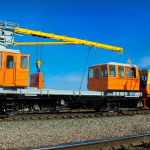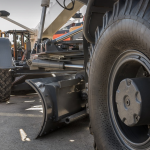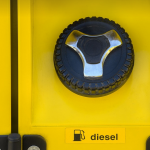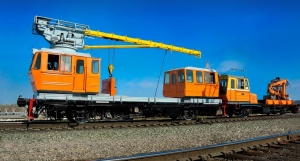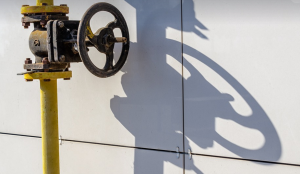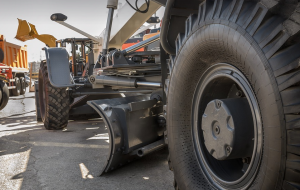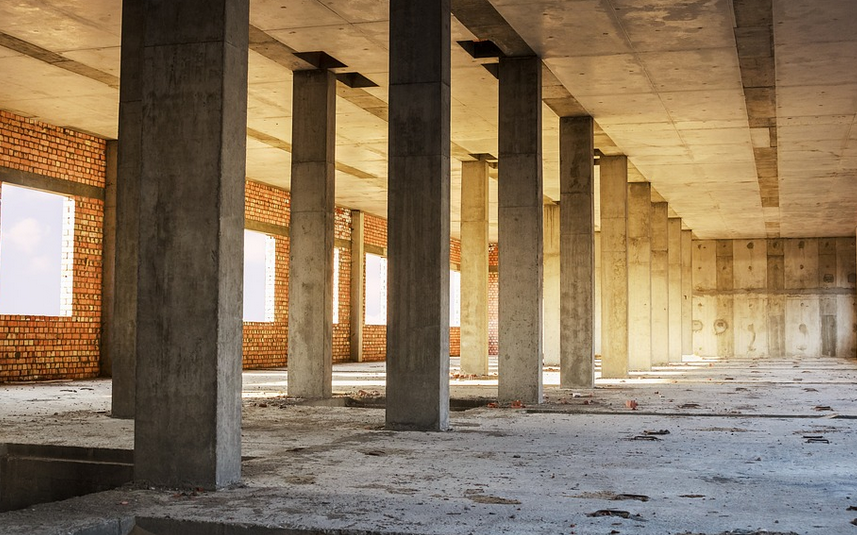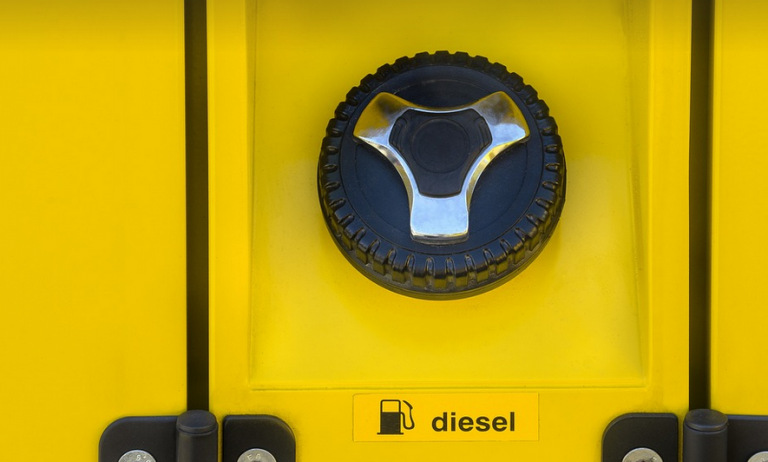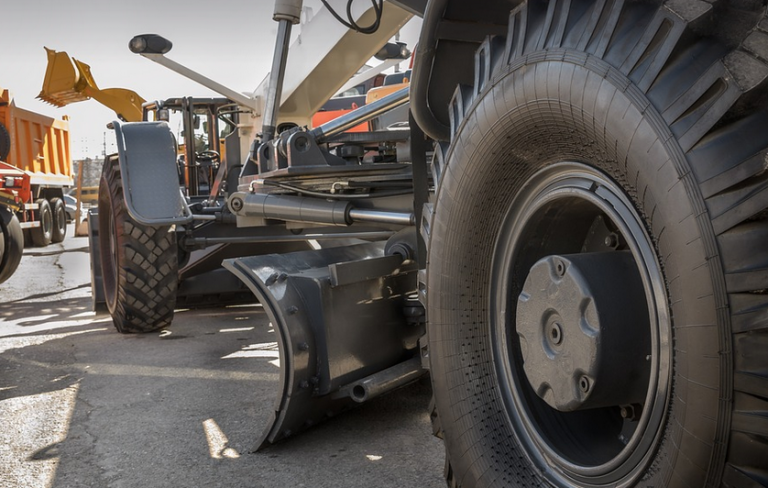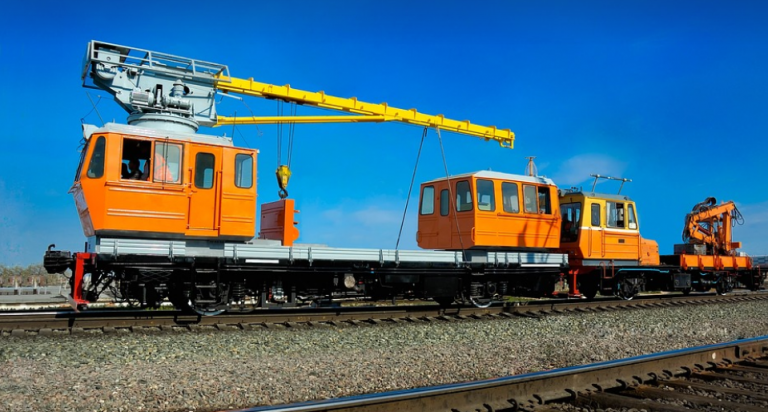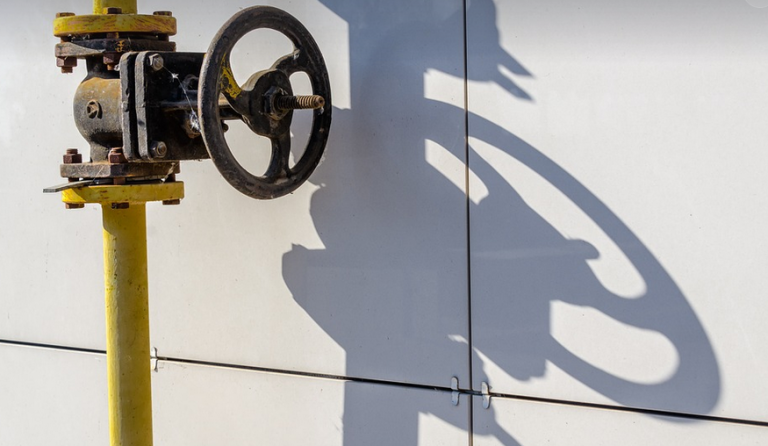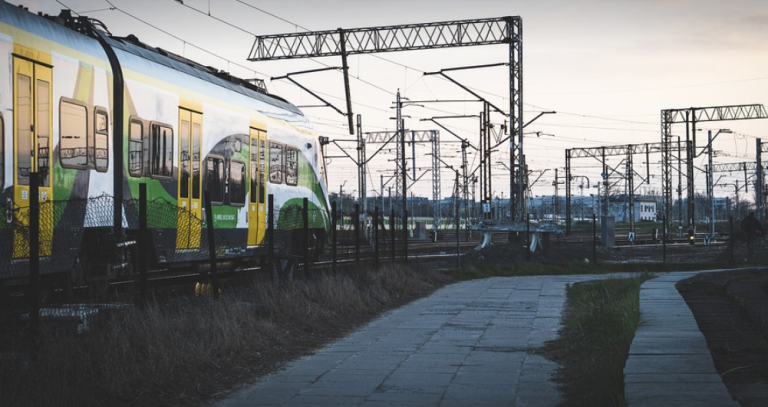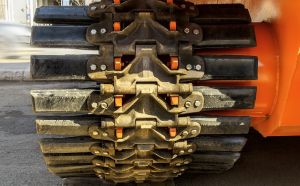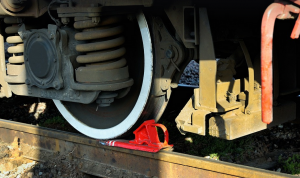A Cozy Kitchen, But What About Your Hot Water?
As the leaves start to change and a chill settles in the air throughout the country, one thing everyone wants is a warm, comfortable home. We’re talking about cozy evenings by the fireplace, steaming mugs of hot cocoa before bed, and even taking that long-awaited shower after a day outdoors. That’s something we all look forward to, right? But when it gets chilly outside in 2024, those daily comforts come with some extra challenges. One such challenge is keeping your hot water heater from freezing up during the winter months.
Your hot water heater is a reliable companion in your home, but cold weather can throw even this crucial machine off its game. When temperatures plunge and ice forms on outdoor pipes, it’s easy to worry about your beloved hot water heater. But don’t panic! This is something you can learn about, plan for, and prepare for before winter sets in.
The science behind this phenomenon might seem a bit technical, but it really boils down to simple physics. Cold temperatures lead to the formation of ice. And when that ice forms on your hot water heater’s exterior, or even inside the tank itself, it can cause some major issues. Not only will your water heater stop working as efficiently, but it could even freeze completely, leaving you without hot water entirely!
The good news is there are simple ways to avoid this common problem. It all starts with knowledge and a proactive approach. First, let’s talk about the different types of hot water heaters.
Types of Hot Water Heaters:
There are many different types of hot water heaters out there, each with their own pros and cons. Choosing the right one for your needs and budget is essential, especially when it comes to staying warm during those chilly days. Here’s a little look at some common ones:
Tank-Style Water Heaters: These are the most common type of hot water heater you may be familiar with. They store water in a large tank and heat it up as needed. While they offer energy efficiency, they also come with drawbacks such as needing more maintenance and larger space for installation.
Tankless Water Heaters: These are the next-generation hot water heater option. They heat water on demand, which means you only use what you need and avoid wasting energy. They are compact and efficient, but can be expensive to install, though they offer a long life span.
Solar Hot Water Heaters: These are the eco-friendly and sustainable choice for hot water needs. Using solar panels to heat up water efficiently is a greener option for those who want to reduce their carbon footprint. They work well in sunny climates, but may not be suitable for all locations.
How To Protect Your Hot Water Heater From Freezing:
Here are some of the most effective strategies to ensure your hot water heater stays warm and functional even when temperatures drop:
– Check the Temperature Settings: The standard setting on a water heater is usually around 120 degrees. However, this may vary depending on local regulations or your personal needs. Adjust it slightly higher, especially in colder climates, to prevent freezing.
– Insulate the Tank:** This may seem like an obvious step, but many homeowners overlook it. Insulating your hot water heater not only helps reduce energy loss but also prevents ice formation.
– Keep a Closer Eye on the Water Heater’s Location: If you live in a colder area, move your water heater to a warmer location if possible, away from drafts and cold walls. This will ensure it stays as warm as possible.
– Consider a Heating System for Your Tank: This is something you should discuss with a qualified plumber or heating engineer who can give you recommendations based on your specific needs and setup. They are often the best option in extreme climate conditions.
– Learn About Water Heater Maintenance: Regularly scheduled maintenance visits will ensure that your water heater stays running smoothly, even when temperatures drop. It could prevent bigger issues down the road!
The Long-Term View:
Protecting your hot water heater from freezing is about more than just getting through winter; it’s about ensuring a smooth and reliable experience for many years to come. By taking action now, you can save yourself time and money in the long run.
